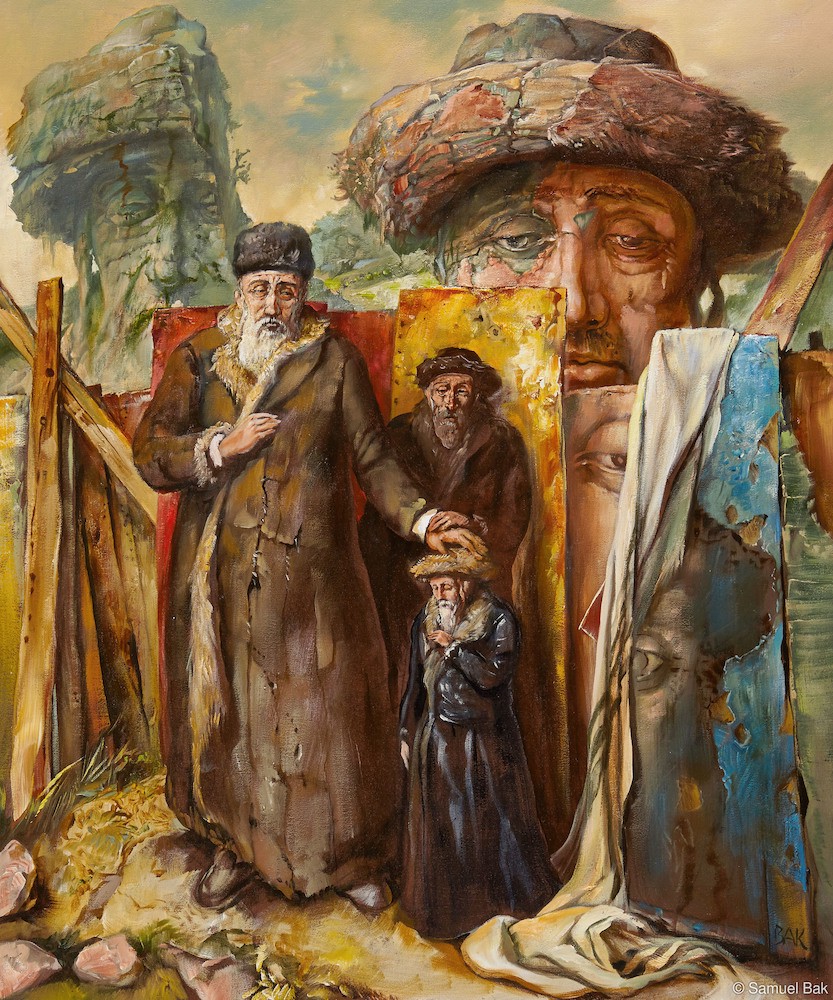
Sammuel Bak Painting, Generation to Generation
Don’t Block the Hearth Fire: Reclaiming the Soul of Therapy by Embracing Death Awareness
The Hearth: A Symbol of Ancient Wisdom
In modern American homes, fireplaces often stand as silent reminders of our ancestral past. Though rarely used for heating, these architectural features still command respect in interior design. This reverence for the hearth traces back to ancient Roman architecture, where houses were built around the lares (hearth fires) and penates (ancestral gods) that guarded the home.
This architectural tradition reflects a deeper human need for transpersonal and trans-generational connectedness. It’s a subtle acknowledgment of our connection to our ancestors, even in a culture that often overlooks such spiritual dimensions.
The Western Avoidance of Death
Stephen Jenkins, a palliative care counselor and writer, argues that Western culture has developed an unhealthy avoidance of death. This fear, he suggests, has robbed us of spiritual tools that ancient civilizations have always possessed. Jenkins posits that accepting one’s mortality is crucial for making meaning in life and understanding one’s own story.
Our society often shields children from the realities of dying and aging, treating the cultural experience of the elderly as outdated. This cultural practice of pretending immortality leaves us ill-equipped to face the inevitable end of life.
Spirituality in Therapy: Embracing Mortality
Spirituality in therapy can play a crucial role in helping clients understand their place in the world and accept their own finitude. Whether rooted in religious beliefs or a scientific materialist understanding, an active spiritual life encourages engagement with important reflective personal questions.
It’s important to distinguish personal spirituality from organized religion. Developing one’s own spiritual dimension allows individuals to address unique life challenges and increases self-efficacy in problem-solving and decision-making.
Ernest Becker’s “The Denial of Death”
Ernest Becker’s Pulitzer Prize-winning book “The Denial of Death” proposed that human cognition itself is a defense mechanism against our knowledge of mortality. Becker argued that many human drives are attempts to achieve a form of immortality, and that psychological issues can arise when our culture lacks the spiritual dimension to help us understand and accept death.
Spiritual Immortality: Finding Meaning in Connectedness
Becker’s concept of “spiritual immortality” goes beyond traditional notions of an afterlife. It’s about finding significance, self-worth, and meaning in relation to the universe. This form of immortality comes from feeling connected to the past, present, and future generations.
For therapists, understanding this concept can be crucial in helping clients develop a sense of meaning and purpose that transcends their individual lifespan.
Personal Reflections on Immortality
As a therapist, I find my own sense of spiritual immortality in the positive changes I can make in the world. It’s not about an afterlife, but about the lasting impact of our actions and the love we share. This perspective can be a powerful tool in therapy, helping clients find meaning and purpose beyond their immediate concerns.
Spirituality as a Lens for Understanding Life
Life is often chaotic and overwhelming. A well-developed spiritual dimension can act as a lens through which we can make sense of our world. It helps us understand our uniqueness and gives us a sense of the immortality that Becker describes.
Reclaiming the Soul of Therapy
By embracing awareness of death and cultivating spiritual dimensions, we can reclaim important tools for living meaningfully. This approach allows us to live more intentionally, mindfully, and effectively. As therapists, integrating these concepts into our practice can help clients navigate life’s challenges with greater resilience and purpose.
Abstract and Key Points:
- The significance of fireplaces in modern homes as a remnant of ancient Roman architecture and religious practices.
- The importance of connecting with ancestors and transcendental experiences in human psychology.
- Western culture’s unhealthy avoidance of death and its impact on spiritual dimensions of life.
- The argument that acceptance of mortality is crucial for making meaning in life and understanding one’s own story.
- The role of spirituality in therapy, helping clients understand their place in the world and accept their mortality.
- The distinction between personal spirituality and organized religion, and the importance of developing individual spiritual dimensions.
- Ernest Becker’s theory from “The Denial of Death,” proposing that human cognition is a defense mechanism against the knowledge of mortality.
- The concept of “spiritual immortality” as a way to find significance, self-worth, and meaning in relation to the universe.
- The importance of feeling connected to the past, present, and future generations as a means of achieving spiritual immortality.
- The author’s personal perspective on finding immortality through positive impacts on others and the world.
- The idea that developing a personal spiritual dimension can act as a lens to understand and navigate the chaos of life.
- The role of spirituality in helping individuals live intentionally, mindfully, and effectively.
- The suggestion that confronting and accepting death is essential for personal growth and cultural well-being.
- The importance of integrating discussions about death and dying into therapy and broader cultural conversations.
Bibliography:
Becker, Ernest. The Denial of Death. Free Press, 1973.
Jenkins, Stephen. Interviews and writings on palliative care and spirituality.
Weil, Andrew. Healthy Aging: A Lifelong Guide to Your Physical and Spiritual Well-Being. Knopf, 2005.
Wilson, Terrance, director. Griefwalker. Alive Mind Media, 2009.
Further Reading:
Becker, Ernest. Escape from Evil. Free Press, 1975.
Yalom, Irvin D. Staring at the Sun: Overcoming the Terror of Death. Jossey-Bass, 2008.
Kübler-Ross, Elisabeth. On Death and Dying. Scribner, 1969.
Neimeyer, Robert A. Techniques of Grief Therapy: Creative Practices for Counseling the Bereaved. Routledge, 2012.
Frankl, Viktor E. Man’s Search for Meaning. Beacon Press, 2006.
Lifton, Robert J. The Broken Connection: On Death and the Continuity of Life. American Psychiatric Publishing, 1996.
Grof, Stanislav, and Hal Zina Bennett. The Holotropic Mind: The Three Levels of Human Consciousness and How They Shape Our Lives. HarperOne, 1990.
Aries, Philippe. The Hour of Our Death. Vintage, 1982.
Solomon, Sheldon, et al. The Worm at the Core: On the Role of Death in Life. Random House, 2015.
Becker, Robert O. The Body Electric: Electromagnetism and the Foundation of Life. Morrow, 1985.

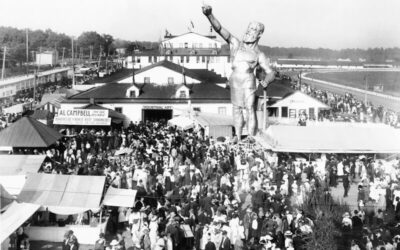
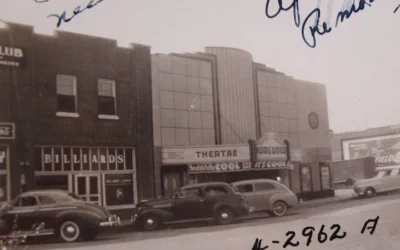
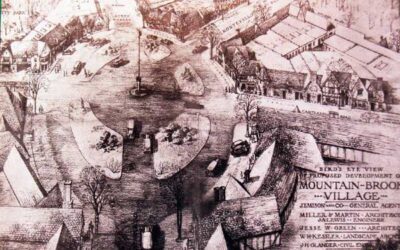
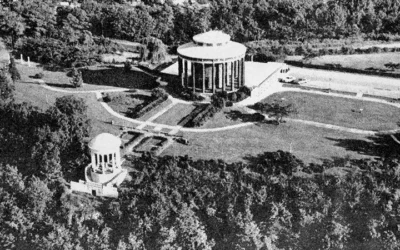

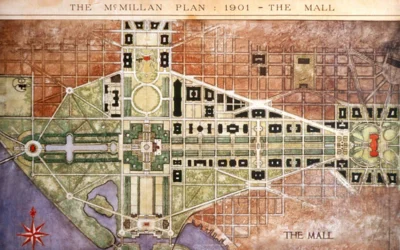

















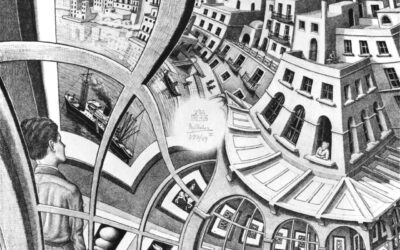
0 Comments